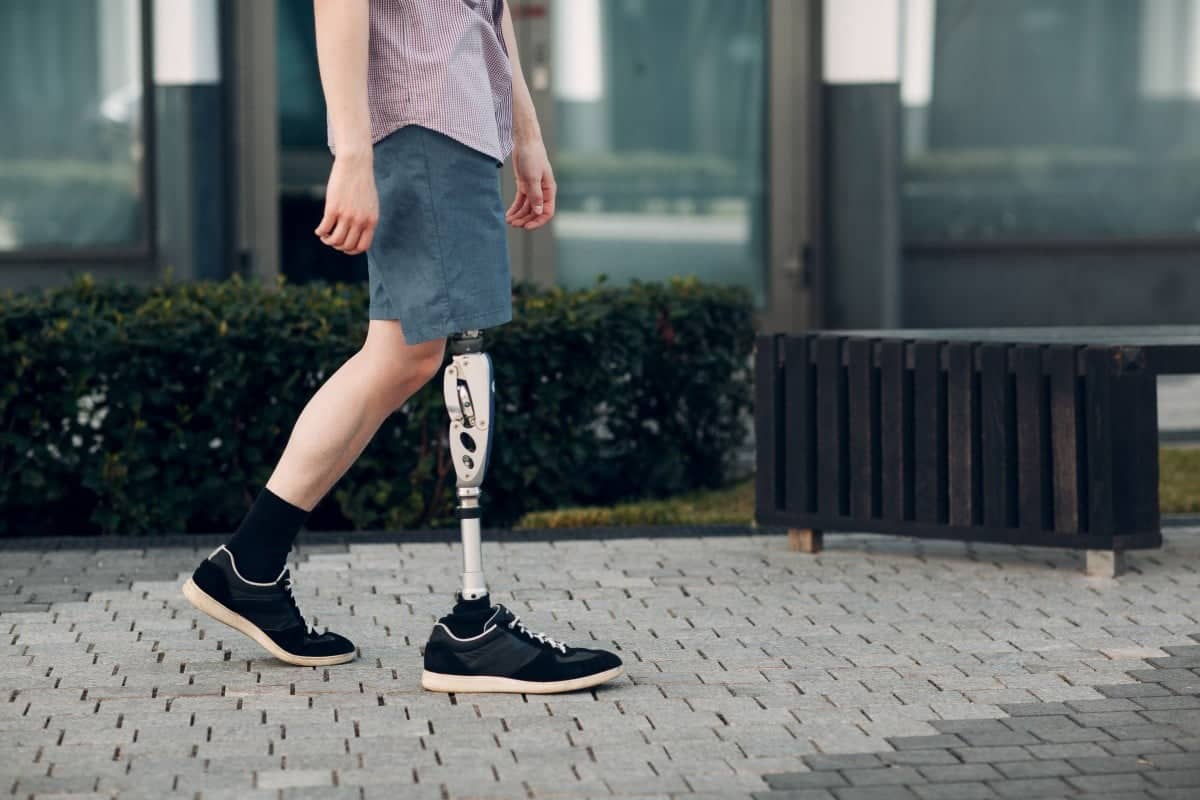Estimated reading time (in minutes)

Prosthesis Liability In a recent case involving a patient, a surgeon, and a prosthesis manufacturer, the Court of Cassation has shed light on the responsibility of doctors in the fitting of defective prostheses. The court’s ruling emphasizes that unless there is clear fault on the part of the doctor, they cannot be held accountable for the malfunctioning of a prosthesis.
Doctor’s Responsibility and Prosthesis Fitting:-
The case revolved around a patient who had undergone a surgery to have a silicone prosthesis implanted after the removal of a testicle. However, due to the displacement of the prosthesis, a subsequent operation was performed by the same surgeon to place a second prosthesis. Unfortunately, this second prosthesis burst only a few months later, necessitating its removal. Seeking compensation for the resulting injuries, the patient brought a legal claim against both the surgeon and the prosthesis manufacturer.
The Court of Cassation clarified that doctors and healthcare providers should not be treated as distributors of medical products or devices. Therefore, a surgeon cannot be held liable for the defective condition of a prosthesis they supply, as long as no medical fault has been committed. Instead, the responsibility for the defect lies with the manufacturer, who is accountable for the quality and functionality of their product.
Manufacturer’s Accountability for Prosthesis Defects:-
This ruling reinforces the notion that doctors should be assessed based on their medical expertise and actions, rather than being held responsible for external factors such as defects in the medical devices they utilize. Patients who encounter issues with prostheses or other medical products are advised to pursue compensation from the manufacturers, as they bear the legal obligation to ensure the safety and effectiveness of their products.
The Court of Cassation’s decision provides clarity and legal guidance, distinguishing the roles and responsibilities of doctors and manufacturers in cases involving defective prostheses. By emphasizing the need for clear medical fault, the court aims to safeguard doctors from unjust liability claims and direct accountability towards the appropriate parties.
